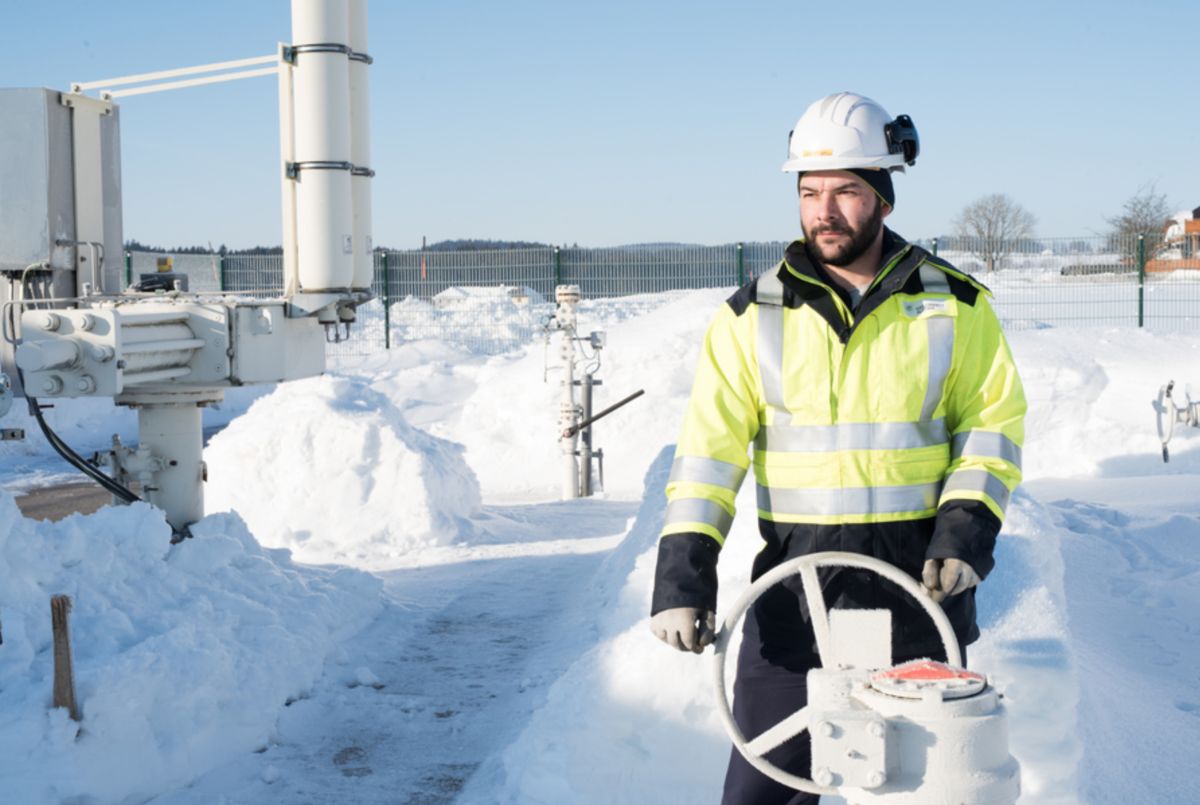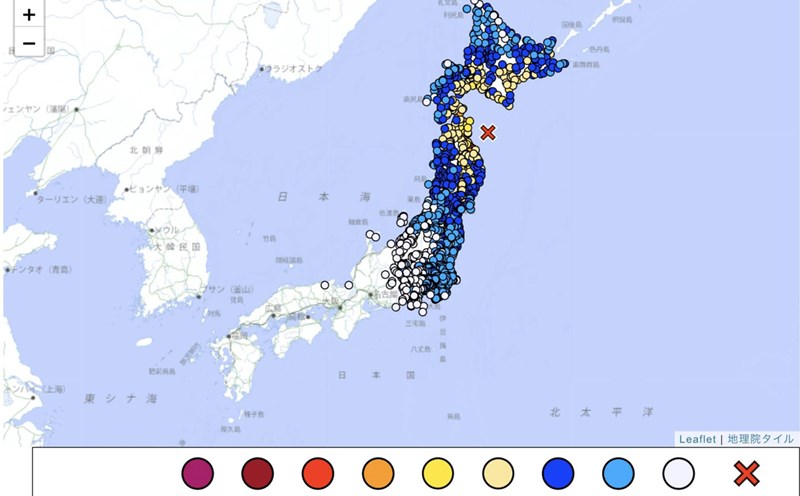With the world’s second-largest gas reserves after the US, the EU has relied on reserves as a “safety cushion” to help stabilize supplies and prices. But 2025 poses unprecedented challenges.
Winter is always a time of stress for gas supplies, when demand doubles due to heating needs. Under normal conditions, around 30% of the EU’s winter gas consumption comes from storage, a figure that can exceed 50% during extreme cold.
But in the summer, the situation is reversed: lower demand, more supply, allowing Europe to pump gas into storage. However, the ability to fill storage depends not only on available supply but also on prices and demand in global markets, especially from Asia and Latin America.
2025: A volatile year for European gas reserves
A colder and less windy winter in 2024-2025 has forced the EU to use more gas than expected. In early February 2025, reserves were at around 50%, down from 70% at the same time last year and close to the lowest level since the 2022 energy crisis.
This leaves the EU facing a conundrum: how to restock gas quickly enough before next winter?

Gas prices put pressure on storage
One of the biggest problems is the price difference between summer and winter. Typically, energy companies take advantage of low prices in the summer to store energy, then sell it back in the winter at a higher price to make a profit.
But by 2025, summer gas prices will be higher than winter prices, making storage uneconomical. That could mean losses of up to 3 billion euros for investors, according to Bloomberg Intelligence.
Furthermore, with global supplies tightening due to delays in new production projects, the EU could find itself in fierce competition with China and Japan for liquefied natural gas (LNG), adding to the risk that Europe will not be able to stockpile enough gas in time.
Russia's ability to return to the European market?
The gas transit agreement between Russia and Ukraine expires at the end of 2024, marking a significant reduction in supplies from Moscow. If the US or other parties reach a peace deal between Russia and Ukraine, some supplies could be restored.
But whether the EU is ready to return to dependence on Russian gas remains a big question. The REPowerEU plan still aims to completely eliminate Russian gas by 2027.
What future for European gas reserves?
The European Commission is considering extending gas storage rules until 2027, and countries such as Germany, Italy and the Netherlands are proposing to relax requirements to ease financial pressures on companies. But uncertainty over supply, prices and politics still poses risks.
Europe is entering a more difficult phase in managing its energy supply. Without effective solutions, the prospect of gas shortages next winter could become a real "nightmare" for the economy and people's lives.







